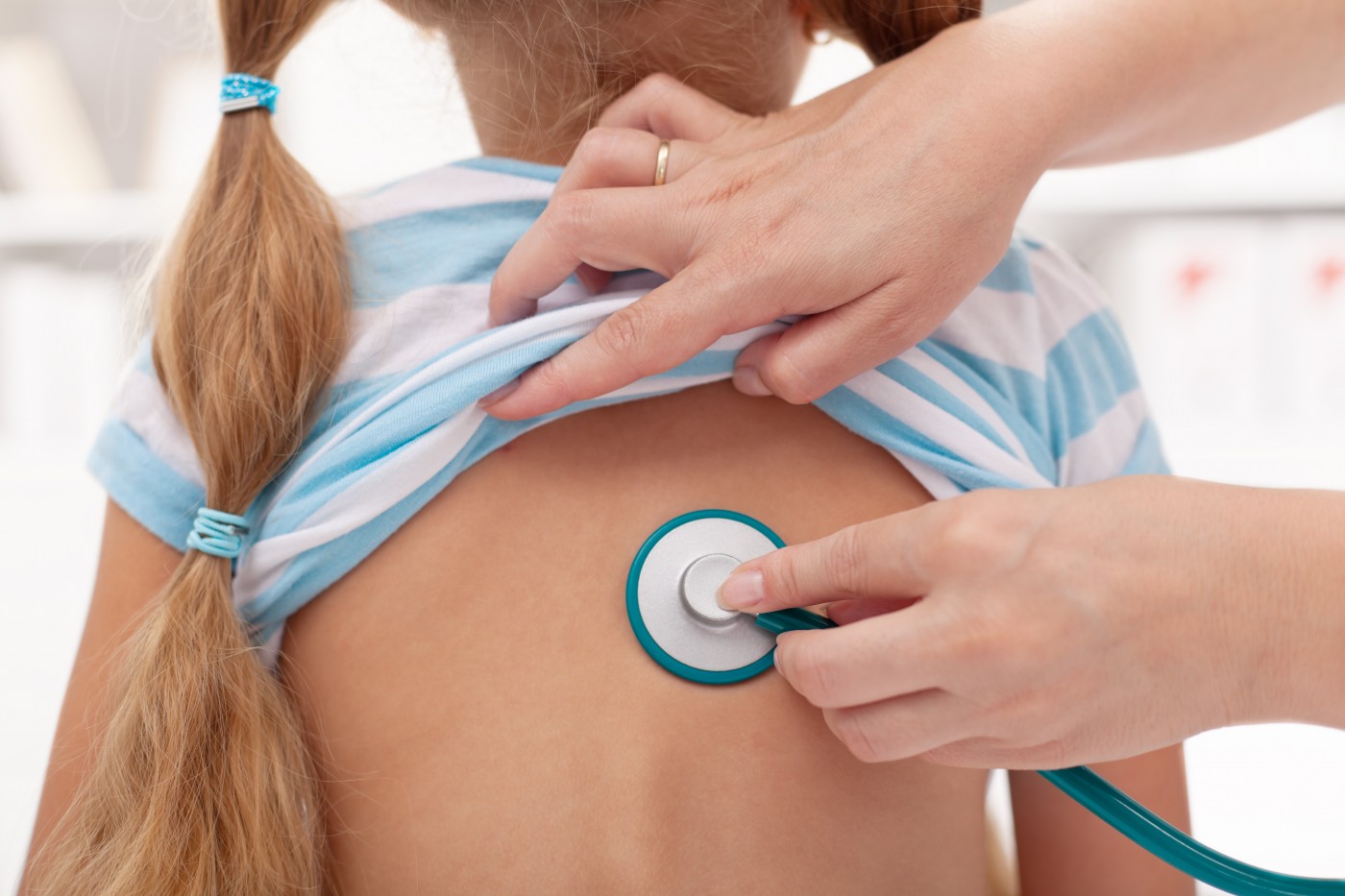Study Shows Children with Cerebral Palsy Can Use Free Aspire Safely, Effectively to Manage Bronchial Secretions

In a new study, researchers tested the efficacy and safety of Free Aspire for the management of bronchial secretions in children with cerebral palsy (CP), and found the device is indeed effective and safe in reducing the impact of days in antibiotic therapy and in the hospital, of exacerbations in affected children.
The research article, “Management of bronchial secretions with Free Aspire in children with cerebral palsy: impact on clinical outcomes and healthcare resources,” was published in the Italian Journal of Pediatrics.
Cerebral palsy is a group of disorders that affect the patient’s ability to move and maintain balance and posture. According to the Centers for Disease Control and Prevention (CDC), CP is the most common motor disability in childhood, with population studies reporting a prevalence ranging from 1.5 to 4 births per 1,000. This neurological impairment is frequently associated with respiratory difficulties and disturbances, with respiratory failure being one of the most common causes of death among CP patients.
With different degrees of severity, these respiratory problems often manifest themselves through ineffective cough and impairment in the removal of secretions, which can lead to airway infections and pneumonia, among other conditions.
The management of secretions in children with CP is often a difficult process due to deformation of the rib cage, impaired cough, and patient resistance to chest physiotherapy. The evaluation of different methods to resolve this problem is often hindered by limited patient cooperation and lack of clinical outcome measures.
Now, researchers reported the results of the efficacy, tolerability and safety evaluation of Free Aspire (MPR; Medical Products Research S.r.l, Italy), a non-invasive device for removal of bronchial secretions developed for adult and pediatric patients.
The study included eight patients, who had experienced more than 3 episodes of exacerbations despite therapeutic intervention, and who were using other techniques besides Free Aspire. The treatment with Free Aspire consisted of at least two 20-minute sessions per day over 18 months.
The results showed that after six months of treatment, patients had significantly reduced the frequency of primary care pediatrician visits and the amount of days under antibiotic therapy. At this time in the study, the children spent no days in the hospital, contrasting with the mean 14 days spent six months before the beginning of the study. This decrease was even more evident 18 months after the start of Free Aspire therapy. The device was also found to be safe and well-tolerated by the patients.
The research team concluded in their article that, “Our findings show that Free Aspire for bronchial secretion clearance in cerebral palsy patients with limited capacity to collaborate is safe and effective in reducing the impact of respiratory exacerbations in terms of number of [primary care pediatrician] visits, days spent in hospital, and days of antibiotic therapy; its regular use maintains this effect in time.”


